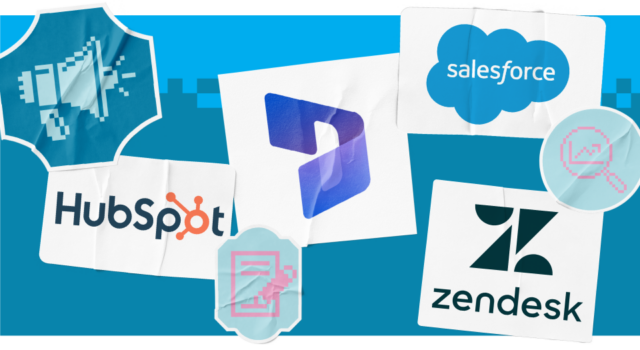Why do customer relationships matter?
Without customers, no business would survive. This means that how you build relationships with them is critical. When customers feel valued and understood, they are more likely to become loyal advocates for your brand. This loyalty translates into repeat business, positive word-of-mouth referrals and increased customer lifetime value. This can fuel your growth and resilience.
In today’s digital age, where information is readily available and customer expectations are constantly evolving, cultivating meaningful customer relationships is more important than ever. By prioritising customer experience, fostering open communication and demonstrating genuine care, businesses can build lasting relationships that drive growth and success.
CRM is a critical tool to help you manage customer relationships more effectively, so you win more leads, retain more customers and deliver personalised experiences that delight audience.
Speak to us





